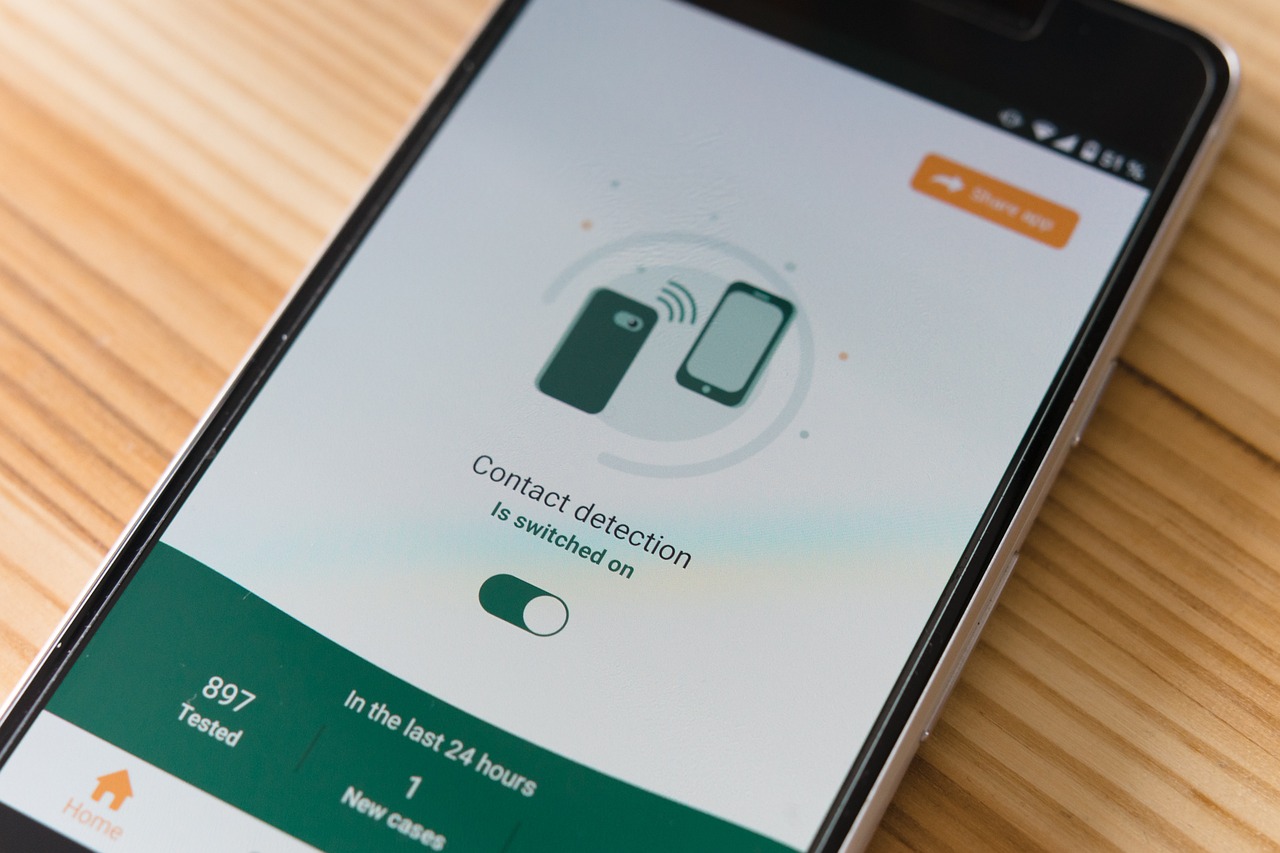Tévhit, hogy karácsonykor több az öngyilkosság
Nem igaz, hogy elkeseredettség vagy depresszió miatt többen veszik el az életüket az ünnepek alatt.
A nappalok rövidsége, a magány okozta depresszió, vagy éppen a családi feszültségek sokaknak nehezítik meg a
Holidays can bring out the worst in us. The combined stresses of family dysfunction, exacerbations in loneliness, and more depression over the cold dark winter months are commonly thought to increase the number of suicides. While the holidays might, indeed, be a difficult time for some, there is no good scientific evidence to suggest a holiday peak in suicides.5 6 7
One study from Japan that looked at suicides in 1979-94 showed that the rate of suicide was lowest in the days before a holiday and highest in the days after the holiday.8 In contrast, in a study from the United States of suicides over a 35 year period, there was no increase before, during, or after holidays.9 Indeed, people might actually experience increased emotional and social support during holidays. In the US, rates of psychiatric visits decrease before Christmas and increase again afterwards.10 A smaller study of adolescents showed a peak in suicide attempts at the end of the school year,11 possibly reflecting a decrease in social support. Data from Ireland on suicide in 1990-8 also failed to connect suicides with the holidays.12 While Irish women were no more likely to commit suicide on holidays than on any other days, Irish men were actually significantly less likely to do so.
Further debunking myths about suicide, people are not more likely to commit suicide during the dark winter months. Around the world, suicides peak in warmer months and are actually lowest in the winter. In Finland, suicides peak in autumn and are lowest in the winter.13 In a 30 year study of suicides in Hungary, researchers again found the highest rates of suicides in the summer and the lowest in the winter.14 Studies of suicide rates from India also show peaks in April and May.15 Studies from the US reflect this pattern, with lower rates in November and December than in typically warmer months.6
Of course, none of this evidence suggests that suicides do not happen over the holidays. The epidemiological evidence just does not support that the holidays are a time of increased risk.





